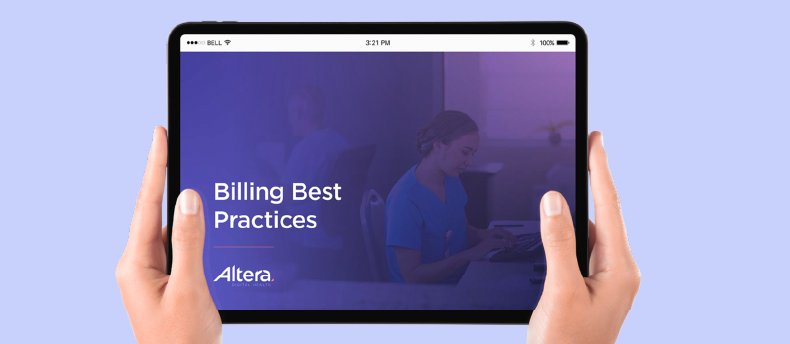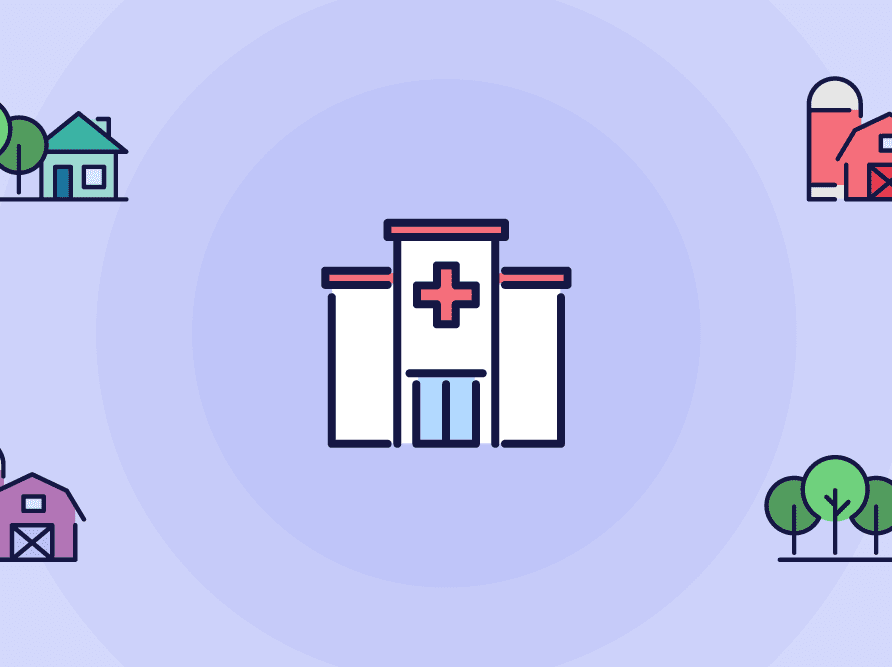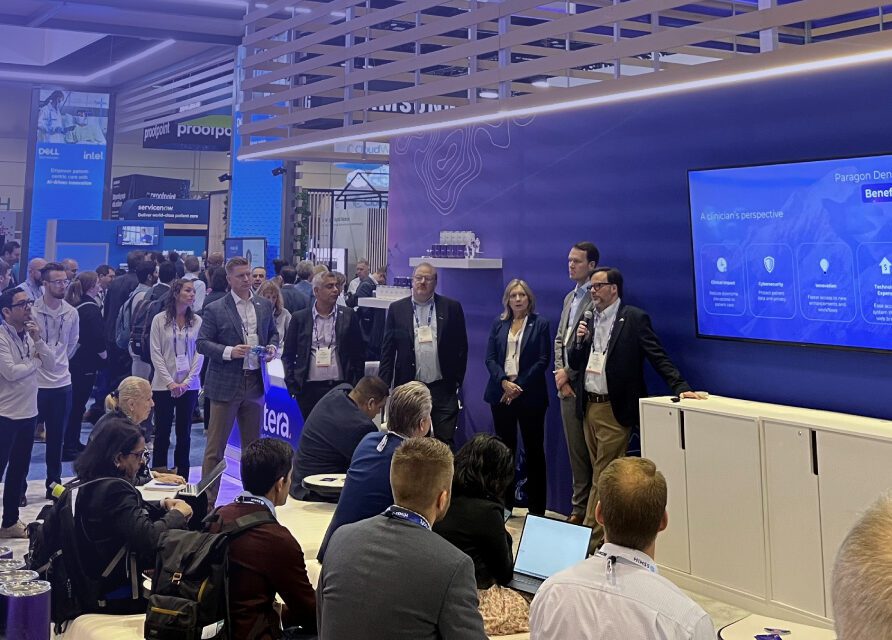FREE EBOOK
Reshape healthcare: Six billing practices to optimize your organization
Sunrise KBMA-the process of going live
LHCH activated Altera Digital Health's Sunrise KBMA module to deliver the closed loop functionality. Carol explained, "Sunrise is so easy to use, and we've spent a decade configuring the system to our needs. We have a deep understanding of what works and what doesn't, and having the functionality embedded in a single tab within the EPR just made sense. Everything clinicians need to know about a patient is at their fingertips that way, with no logging in and out of systems, which is just a waste of time."
Clinicians were involved in the planning and delivery of Sunrise KBMA, helping digital teams to map out pathways to ensure the system was as efficient as possible from the day of go live. The system was initially rolled out on a single, small ward so that any issues could be ironed out. For the following two weeks the trust continued the roll out one ward at a time, with 24-hour floorwalkers deployed to ensure a smooth rollout and uptake by clinicians.
The results-improved patient safety and accelerated digital maturity
The system now enables all oral medications to be administered with the added CLMA checking, across all inpatient wards and critical care. Carol said this puts them "ahead of the curve", and that "we were the first Altera Digital Health customer to go live with Sunrise KBMA in the UK. Being able to do it in a complex environment like critical care without any major issues is a testament to how motivated our multidisciplinary teams are to embrace change and improve patient experience." As a result of this successful rollout, the trust has been able to do the following:
Improve patient safety by reducing medication errors
Since introducing Sunrise KBMA, the trust has been able to reduce medication administration errors by 55%. This is due to all oral and nebulized medication being administered with digital verification. This is expected to increase when more medications are introduced to the system. Inhalers, eye drops and insulin will be introduced in the next phase, followed by controlled drugs and intravenous medicines.
As KBMA is embedded in Sunrise EPR, the trust has been able to enhance the entire prescription process, by optimising clinical decision support, guiding clinicians through the process in line with trust protocols, which has improved compliance. Dympna used sepsis screening as an example, stating, "Now that medication administration is being enhanced by clinical decision support, clinicians can't order sepsis drugs before completing a screening document. The system will then guide the clinician to the best course of action based on the screening. It's definitely helping to alleviate pressure on ward staff."
Save clinical time by improving administrative processes
With Sunrise, clinicians have reported that medication administration processes are more efficient, making use of check boxes and drop-down lists in the EPR. "At least one minute of time is being saved per prescription as the process is much more streamlined," said Carol. "We've avoided using free text boxes as much as possible to make data entry as quick, easy, and useful as we can, and it's definitely having a positive impact on the experiences for our staff."
Validate the "five rights" of medication administration
By adopting Sunrise KBMA, LHCH has been able to provide digital validation of the "five rights" of medication administration: right patient, right medication, right route, right time and right dose-in real time. Carol said, "We have much better visibility of our patients and their needs. We have also been able to introduce coding standards on medications that are improving data entry and all but eradicating human error."
Advance digital maturity
By introducing CLMA within the ePMA deployment, the trust was able to achieve HIMSS EMRAM Stage 6. Having conducted another gap analysis, the trust now has sight of how to reach Stage 7, which it is working with Altera Digital Health to achieve. "Every digital step we take is a joint one between clinicians and our IT team," explained Carol. "When the EPR is clinically driven, successful digital transformation will always follow. Our next step is to create an interface between CLMA and pharmacy stock control. We're mapping out pathways with clinicians on how to achieve this now so we can reach Stage 7 by 2023."
The future for Liverpool Heart and Chest Hospital
As of October 2022, LHCH is now 99% paper free, with only consent forms and Critical Care Chart still on paper. The trust is now trialing e-consent forms with the aim of being entirely paperless by 2024 Carol concluded, "Digital transformation is about more than removing paper of course. The last 10 years have given us the experience we needed to roll out smoothly and start learning from the new data we are collecting right away. This has provided a solid foundation for us to build out our EPR functionality and enabled us to have a laser focus on patient safety. We couldn't have achieved so much in such a short space of time without the support of the team at Altera Digital Health."
Related Insights













